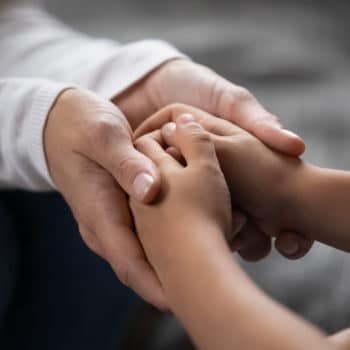Child Psychiatry
<<Back to Traditional Psychiatry
When something is wrong with your child, it is so hard to know whether it is a “passing phase” or something that requires a concerted, attentive medical diagnosis and treatment. Because children are constantly learning, testing, and growing as people – the human brain continues to develop into your 20s – you may not be sure when is the right time to seek help for a whole range of behavioral or emotional concerns. But if you suspect that something needs attention, it is probably best to act on those instincts and seek professional help.
For instance, a child or adolescent that consistently struggles in school, acts out, rebels, can’t focus, feels sad, needs constant reminding, or hangs out with a bad crowd may, in fact, grow out of these issues. But there are also several that will not be able to work things out with even the best guidance and advice. And these children and adolescents may see these concerns sabotage their relationships, schoolwork, and their odds of future success – not to mention their very mental and physical health. Addressing recurring problems only increases the odds that your child will successfully navigate any concerns and set them up for a better adult life.
Why Seek Professional Help?
First off, if your child is facing emotional or behavioral concerns, it is important for you to understand that you are not alone and that you are not a failure as a parent or guardian. In fact, the numbers show that children all of ages and backgrounds face a whole range of issues that may have nothing to do with how a child is raised.
The Centers for Disease Control noted that as recently as 2016, 6.1 million children between the ages 2-17 were officially diagnosed with Attention Deficit Disorder (ADD)/Attention Deficit Hyperactivity Disorder (ADHD) – that’s almost 10 percent of the nation’s youth population. Meanwhile, 4.5 million children were diagnosed with behavior issues, 4.4 million were diagnosed with anxiety and 1.9 million were diagnosed with depression.
These conditions are anything but a “passing phase,” and either ignoring them or attempting to address them outside of a clinical setting only increases the child’s odds of failure in school and social settings. This may severely limit their chances at future success academically or in the job market and, most importantly, keep them from maintaining a satisfying relationship with the world around them, which can eventually lead to tragic outcomes. For instance, in 2017, 14,717 people between ages 10-24 died by suicide.





